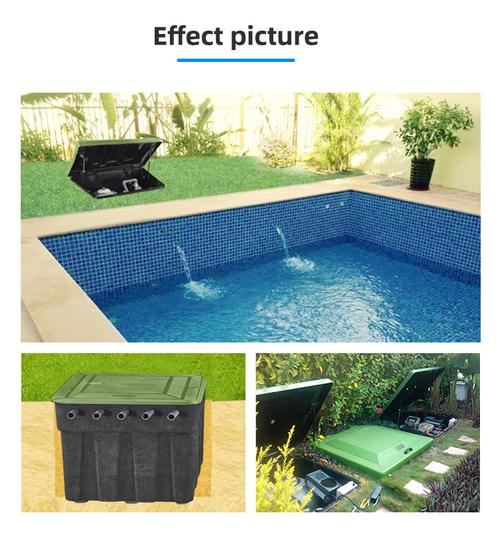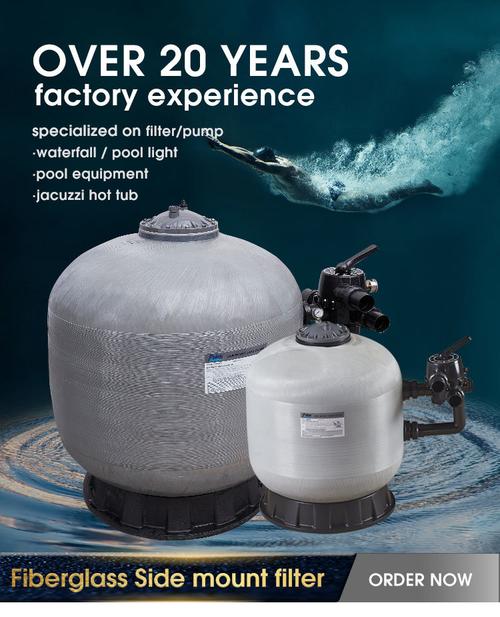What Type of Sand in Pool Filter: A Comprehensive Guide
When it comes to maintaining a clean and healthy pool, the choice of sand in your pool filter is crucial. The right type of sand can significantly impact the efficiency and longevity of your pool filter system. In this article, we will delve into the different types of sand available for pool filters, their benefits, and how to choose the best one for your pool.
Types of Sand for Pool Filters
There are several types of sand available for pool filters, each with its unique characteristics and advantages. The most common types include:

| Type of Sand | Description |
|---|---|
| Silica Sand | Commonly used in pool filters, silica sand is known for its high efficiency and long lifespan. It has a grain size of 0.45 to 0.55 mm and is highly effective at trapping dirt and debris. |
| Quartz Sand | Similar to silica sand, quartz sand is also a popular choice for pool filters. It has a grain size of 0.45 to 0.55 mm and is known for its durability and resistance to wear and tear. |
| Zeolite | Zeolite is a natural mineral that is gaining popularity in pool filters. It has a grain size of 0.15 to 0.25 mm and is highly effective at removing impurities and chemicals from the water. |
| Diatomaceous Earth | Diatomaceous earth is a fine powder made from the fossilized remains of diatoms. It has a grain size of 0.5 to 5.0 micrometers and is highly effective at trapping fine particles and microorganisms. |
Benefits of Different Types of Sand
Each type of sand offers unique benefits that can enhance the performance of your pool filter. Here are some of the advantages of the different types of sand:
Silica Sand: Silica sand is known for its high efficiency and long lifespan. It can effectively trap dirt and debris, ensuring that your pool water remains clean and clear. Additionally, silica sand is relatively inexpensive and easy to find.
Quartz Sand: Quartz sand is similar to silica sand in terms of efficiency and lifespan. It is also durable and resistant to wear and tear, making it a reliable choice for pool filters. Quartz sand is also known for its ability to remove finer particles from the water, resulting in clearer and cleaner pool water.
Zeolite: Zeolite is a natural mineral that is highly effective at removing impurities and chemicals from the water. It can also help to balance the pH levels of your pool, resulting in healthier and more comfortable swimming conditions. Zeolite is also known for its ability to reduce the need for chlorine, making it a more environmentally friendly option.

Diatomaceous Earth: Diatomaceous earth is a fine powder that is highly effective at trapping fine particles and microorganisms. It is particularly useful for removing algae and other contaminants that can cause discoloration and foul odors in your pool. Diatomaceous earth is also known for its ability to reduce the need for chlorine, making it a more cost-effective option.
How to Choose the Best Sand for Your Pool Filter
Choosing the best sand for your pool filter depends on several factors, including the size of your pool, the type of debris you want to remove, and your budget. Here are some tips to help you make the right choice:
- Pool Size: Larger pools require more sand to ensure effective filtration. As a general rule, you will need about 1 pound of sand per square foot of pool surface area.
- Debris Type: If you want to remove fine particles and microorganisms, consider using diatomaceous earth or zeolite. For larger debris, such as leaves and twigs, silica or quartz sand may be more effective.
- Budget: While diatomaceous earth and zeolite are more expensive, they can provide better filtration and reduce the need for chlorine. If you are on a tight budget, silica or quartz sand may be a more cost-effective option.







